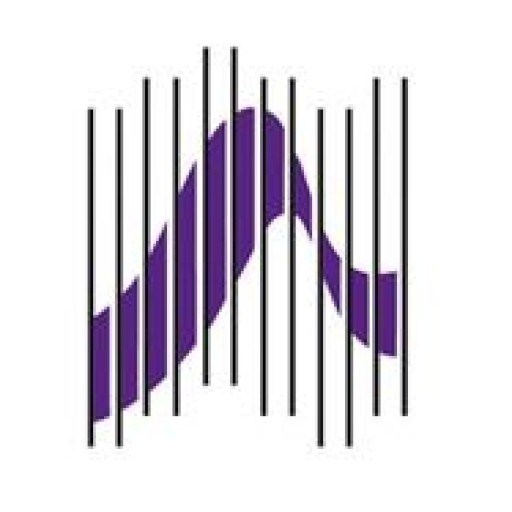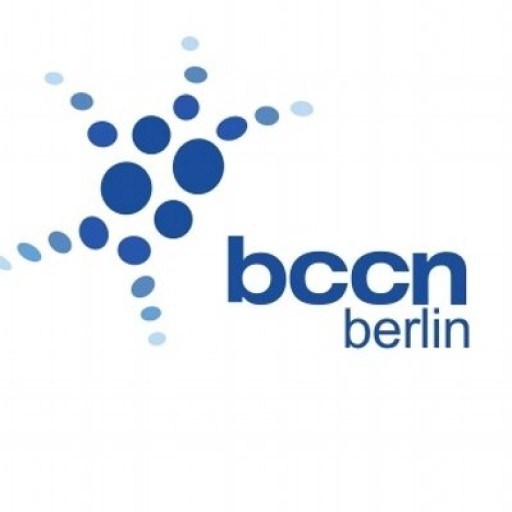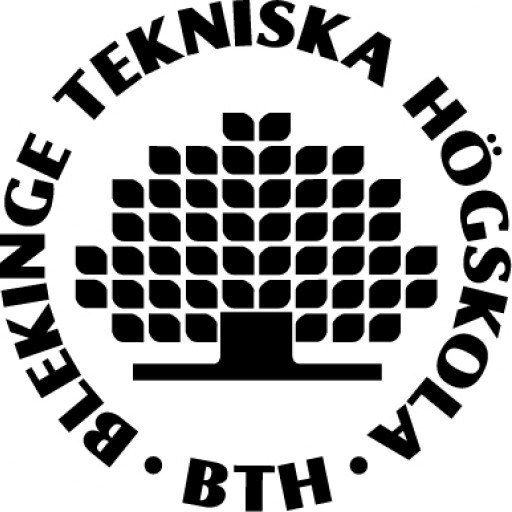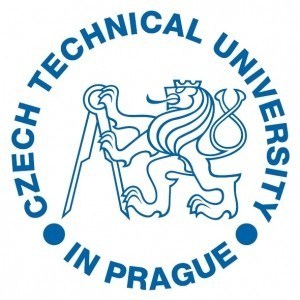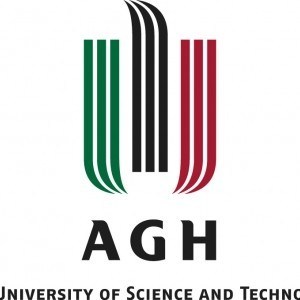Photos of university / #aaustudieliv
The wind industry is developing rapidly; many new technologies are being applied. New problems are being revealed due to the large penetration of wind power systems into the network grid. Some of the wind installations will be very large off-shore wind farms, which should act as power plants and should support the stability and power balance in the network grid.
In the future it is also expected that a lot of new small wind turbines will be installed, maybe as plug and play units at household level. These wind turbines could be both vertical and horizontal axis turbines. This will provide many new challenges for wind power engineers in the future. The MSc programme in Wind Power Systems addresses many of these topics related to this area.
The MSc specialisation in Wind Power System (WPS) focuses on the electrical aspects of wind power systems ensuring an excellent education in subjects such as generators, power electronics, control engineering and power system technology related to wind power applications. This will provide an excellent background for engineering employment in the wind industry.
The study programme Wind Power System is a specialisation in Energy Engineering.
You will study topics like
- How do we ensure electric network stability when a large wind turbine is connected to the system?
- Should direct current (DC) or alternating current (AC) transmission be applied in offshore wind parks of the future?
- What type of generator provides the highest efficiency in a given application?
- How can a wind turbine be protected against lightning?
- How do you design a micro electricity supply network comprising a wind turbine, energy storage and loads?
Job and career
Windpower system engineers in the electrical area have a wide range of job opportunities.
The gained knowledge enables the MSc graduates to work in project engineering, research, development and management in Danish and international industries or public institutions.
Examples of possible employers:
- Electrical transmission companies such as Vattenfall, DongEnergy and Energinet.dk
- Wind industry such as Vestas and Siemens Wind Power
- Power industry such as ABB and Siemens
- Power system or electronics companies
- Counselling companies
During the MSc programme in Wind Power Systems (WPS), you will study the electrical phenomena in wind power systems and achieve a high level of competence in the field of generators, power electronics, control techniques, power systems and integration of wind turbines in the electric power supply network. Career opportunities include R&D departments in major companies in the wind turbine industry.
The teaching of the programme is carried out in an innovative, dynamic and challenging environment through a combination of research-based courses, team-based project work and a high degree of interaction with industrial partners and energy supply companies. The companies take an active part in providing project proposals for the problem-oriented project work, guest lectures and visits to the companies.
The teaching is carried out in English because many international students are enrolled in the study programme.
1st Semester
This semester is common for the three electrical specialisations in Energy Eengineering: Electrical Power Systems and High Voltage Engineering (EPSH), Power Electronics and Drives (PED) and Wind Power Systems (WPS). For students with a Bachelor of Science (BSc) degree from Aalborg University, the credit of the project work is 15 ECTS, whereas it is 10 ECTS (INTRO project) for students with a BSc degree from another university.
The project technical topics are the same, but the students from another university have one extra course which includes theory of Problem Based Learning (PBL). This method is the primary teaching method used at Aalborg University, and the method is applied in all projects. The documentation of the project work is also different:
Students with a BSc degree from Aalborg University should:
- Document the project work by a paper, a poster and a presentation at an internal conference (CES) together with an appendix report, all in English.
Students with a BSc degree from another university should:
- Document the work by a project report written in English.
1st Semester Project for Students with a BSc Degree from Aalborg University: Dynamics in Electrical Energy Engineering
On this semester, focus is on a problem where the dynamics of an electrical energy system or electrical apparatus is to be analysed. This problem may for instance be in the subject area of electrical power systems, electrical drive systems, wind power systems or a combination of these. In such systems, short circuits, starting procedures, control issues, etc., demand that the dynamic performance of the systems must be studied. The chosen system is to be analysed and modelled. Finally, experimental verification of the system, a model of the system, or parts of the system, is to be carried out in the laboratory.
Project examples:
- Use of the induction machine as drive on an electric vehicle
- Non-linear model of 3-phase distribution transformer
- Model of grid connected wind turbine generator
1st Semester INTRO Project for Students with a BSc Degree form Another University than Aalborg University: Problem-based Project-organised Learning in Dynamics in Electrical Energy Engineering
The purpose of this semester is to give the students a comprehension of the Problem Based Learning (PBL) method applied at Aalborg University. Focus is to give the students experience in carrying out project work in connection with problems in the subject area of electrical energy engineering.
The students will write a project report documenting their project work. Knowledge will be given to students in subject areas related to their chosen specialisation. The technical problem for this semester is the dynamics of an electrical energy system or electrical apparatus. This problem may e.g. be in the subject area of electrical power systems, electrical drive systems, wind power systems or a combination of these. In such systems, short circuits, starting procedures, control issues, etc., demand that the dynamic performance of the systems must be studied. The chosen system is to be analysed and modelled. Finally, experimental verification of the system, a model of the system or parts of the system is to be carried out in the laboratory.
The assessment of the INTRO semester project is a stop-test. It is a precondition that this project is passed to be able to continue on the 2nd semester of the MSc study.
Project examples:
- Characterisation of photovoltaic panels
- Improvements to the domestic energy supply wind energy, solar energy, or UPS apparatus
- Electric bicycle for indoors use
2nd Semester: Interaction between Wind Generation and Load
Students will complete a project in which a wind turbine system has to be controlled under time varying loads, either as a stand-alone system or coupled to a power network. The system is to be modelled, simulated and evaluated with respect to power quality and system stability. It must be determined whether any power compensation units/systems are necessary. This semester offers a variety of advanced courses in control theory, power systems, high voltage engineering and several specialised courses in wind power technology. These courses form the background for the project.
Project examples:
- Grid connection of large off-shore wind turbine parks
- Operation of wind turbines in isolated power systems
- Power quality of grid connected wind turbines
3rd semester: Optimisation, Diagnosis and Control of Electrical Conditions in Wind Turbines and Wind Farms
The project should be based upon a wind turbine system or a wind farm to which an optimisation, control- or diagnostic system is to be set up. First, the system is to be modelled and different system identification methods can be applied to determine the parameters of the system. The system model is verified by simulations and data time series from either a real system or a laboratory set up. Based on the model, the optimisation, control- or diagnostic system is set up to improve the performance of the system, either with regard to power output, energy efficiency, life time extraction, fault detections etc. The system or parts hereof, is to be implemented and verified experimentally.
To practice scientific communication skills, the project result, or parts of it, must be published in an article written in English. This article is to be presented at an internal seminar (CES).
Courses are offered of which 10 ECTS are to be chosen. The courses may vary from year to year, depending on the number of students of the various specialisations and the on-going projects and research performed at the Department of Energy Technology. Further, courses from other universities might be used as electable courses. However, the following two courses are always available:
- Neural network and Fuzzy logic - 5 ECTS
- System identification and diagnosis - 5 ECTS
Project examples:
- Frequency control of wind farms
- Dynamic model of active stall wind turbines
- Control of variable pitch or speed wind turbines with doubly-fed induction generators
4th semester: Masters Thesis in Wind Power Systems
The Master's Thesis may study a known problem in the wind power system area. It may be an extension of project work from previous semesters or a completely new topic, possibly in collaboration with the wind industry, energy supply companies or the responsible power system utility. Often students write scientific papers reporting the work of their Masters Theses. The project can be of either theoretical or experimental nature, or a combination of both. As courses are not normally offered on this semester, the entire semester is dedicated to the thesis work.
Examples of Master's Theses:
- Design of power electronic grid interface system for large scale wind turbines
- Optimisation of an energy conversion system in a power system with large scale wind energy
- Performance of the synchronous generator as wind generator
- Assessment of the reliability of wind power systems.
Energy laboratories
At the Department of Energy Technology, you will find a lot of well-equipped and modern test laboratories enabling you to carry out exciting laboratory experiments. These tests will verify the theoretical analysis, which you apply during the project work.
The laboratories make it possible to perform realistic tests in the electrical and mechanical wind turbine area with possibilities for making i.e. power system stability analysis and power electronics converters, and they include advanced computer-based measurement and control facilities.
Furthermore, the majority of the project work is carried out in cooperation with the industry, giving you the possibility to do some of the project work in a company. The companies will come up with project proposals and provide equipment or data for the project work.
Want to improve your English level for admission?
Prepare for the program requirements with English Online by the British Council.
- ✔️ Flexible study schedule
- ✔️ Experienced teachers
- ✔️ Certificate upon completion
📘 Recommended for students with an IELTS level of 6.0 or below.


